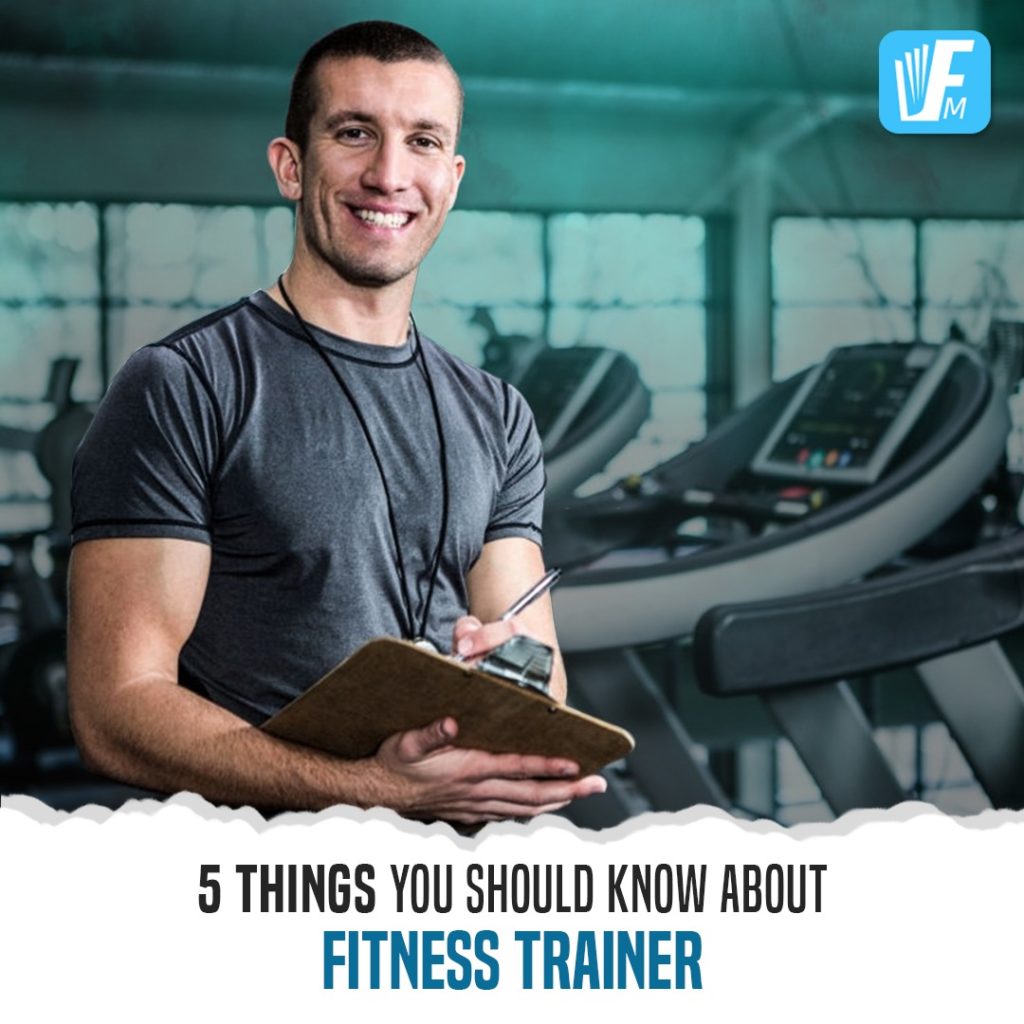
Generally, when people think of Fitness Trainer, they picture well-trained professionals to help you lose weight, work out, and typically get healthier.
Truthfully, most individuals have no idea what personal trainers can do at the gym. Not only do they design and supervise private training sessions, but they do much more.
What should you know about Personal Trainers?
Training professionals go far beyond the well-known images of hard work and dedication that most of us have in mind when we think of them. Physical training alone is not enough to attain where they are now, nor can they teach others how to become better versions of themselves.” Your certified personal trainer may surprise you with the following facts:
1. Education and training should be documented.
Most trainers need fitness certification first to work as personal trainers in a health club or gym. ACSM, ACE, and NASM are recognized organizations by the Registered Exercise Professionals’ Accreditation Boards. Get a copy of their certification and verify that it is current. One cannot stress the significance of credentials. Educated personal trainers have a higher level of credibility than those without. The best ways to stay fit and healthy are constantly being discovered through new studies. If they haven’t upgraded their skills in the last five years, be cautious.
2. References and Testimonials
A good Fitness Trainer would be happy to help you find other clients who have similar goals. A person’s reluctance to do so is a huge red flag. Finding out who they’ve worked with in the past will help you decide if they’re the right fit for your project. Make sure to ask if they’ve successfully reshaped bodies similar to yours in the past. Find out if the trainer’s previous clients’ methods were well-liked by contacting them. When interviewing personal trainers, inquire about their punctuality and professionalism, as there is more to personal training than bespoke training regimens and fitness programs.
3. Knowledge and Expertise
As long as your goal is to become a powerlifter, going with the best trainer for marathon training is not going to help. It’s also not a good idea to engage a bodybuilder coach if your goal is to improve your sports performance. In some cases, the exercise of one person may be a godsend for another.
Make sure you know exactly what you want or what your final objective is, as well as any limitations or exceptional conditions before you get started. To work with customers with medical conditions or previous injuries, the right trainer must have the necessary training and experience. If required, your primary care physician should work together with your trainer to reap the benefits of training.
4. Convenience
Assuming they have suitable educational and professional backgrounds, they should work successfully together. They’re unable to accommodate your request for an appointment at the time you specified. To work around your hectic schedule, your trainer needs to be versatile as well. There is no such thing as a bad workout; only bad results can be attributed.
5. Compatibility
You’ll get more out of your workouts with the support of a personal trainer than ever before. If you want to succeed, you’ll need this person’s trust and the honesty that comes with it.
It would help if you choose someone you believe has a sincere desire to assist you. A personal trainer can help you fill in the gaps in your life and help you become the best version of yourself that you are capable of being. You need to find a personal trainer who has completed a fitness trainer course and who you can rely on to help you accomplish your fitness objectives is necessary.
Fitness Matters courses!
Interactive sessions which are easy to learn and understand.







